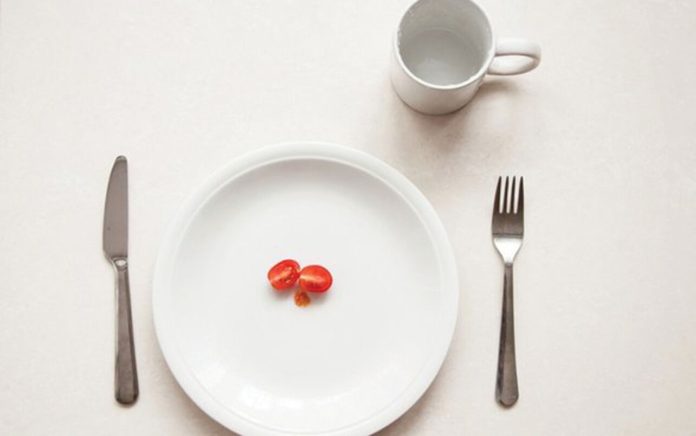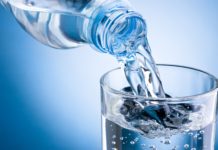Reducing calories is necessary to lose weight, but eating too few may actually push you further from your weight loss goals and higher up on the scale. Severe calorie restriction can cause rapid weight loss at first, but weight gain in the long run. It is important to set a goal of balancing your calories so you have enough of a deficit to promote weight loss, while still getting the calories and nutrients needed to maintain good health and lose weight safely. Let us explore why eating too little can inhibit weight loss and even cause weight gain.
Clinical data strongly link excess calorie restriction to weight gain due to increases in cortisol. Hormonal checks and balances are thrown off when the body is put under stress, which promotes fat storage. Cortisol triggers the release of insulin, which plays a role in storing calories for future fuel use. The physiological and psychological effects of calorie restriction work against weight loss. By restricting calories too severely, you will send your body into “starvation mode,” which slows down the metabolism. Eating food sparks your metabolism, making weight loss possible. When you are eating enough, the body first uses food for fuel, then turns to the fat it’s been holding onto for energy. When the body is in starvation mode, however, it starts to break down muscle tissue to reserve its energy stores. The body slows down function in organs to conserve energy. When it is finally fed, it will hoard the energy for fat, afraid it will not be fed again for a while. This is part of the body’s survival mechanisms and is one reason why many people gain back the weight they lost on a very calorie restrictive diet. They shut down their metabolism by eating too few calories, and when they revert back to their old eating habits, the now-slow metabolism hoards and replenishes the fat.
Muscle loss is another reason people gain weight from too little calories. Too few calories mean too few nutrients, and protein is a nutrient that plays an important role in burning calories. Getting enough protein helps your body maintain and build lean mass. However, if you aren’t getting enough calories, then you are probably not supplying your body with the amount of daily protein your muscles need to maintain themselves. The body responds by breaking down muscle for energy. Because muscle burns more calories than fat, it is crucial to consume enough calories from protein. This is just one reason why men tend to lose weight faster than women. They are typically made up of more muscle, and it costs the body much more just to keep them alive. Losing muscle due to eating too few calories has a negative impact on your body composition and means that you will burn fewer calories.
Sticking to a super-low calorie diet is hard, and often not sustainable. Periods of starvation often lead to periods of binging. Skipping meals will only lead to overeating at a later meal. Because you made your body nervous by skipping a meal, it will retaliate by hoarding the energy from the next meal, saving it for possible future starvation periods. However, the more often you eat, the more you will burn. When the body sees it is being fed every few hours, either a meal or a snack, it will speed itself up and become wasteful, no longer worried about saving the energy.
Women should not be on a weight loss diet below 1,000-1,200 calories a day; men, 1,600-1,800 calories. These numbers are just general guidelines that need to be calculated and changed depending on variables such as age, height, weight, medical history, and physical mobility. Any calorie restriction should be supervised by a physician and registered dietitian only. A physical trainer or life coach do not have the medical, nutritional, or scientific background necessary to safely guide a person on a weight loss journey. If a “nutritionist” or trainer ever suggests or recommends a diet below 1,000 calories, please discuss with your physician first before implementing any changes to your diet.
Physical activity and exercise are powerful tools that should be implemented to help achieve weight loss goals. Exercise will increase muscle mass and help speed up the metabolism. It creates stronger bones and a stronger heart, one of the most important muscles in our body. A healthy diet with the adequate number of calories and a proper balance of nutrients, together with exercise, is the best way to achieve your weight loss goals.
And remember: slow and steady wins the race.







